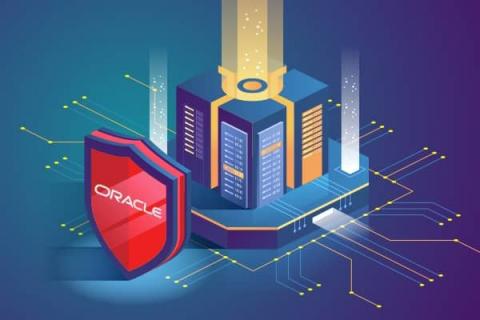Systems | Development | Analytics | API | Testing
Latest News
Selenium and Mobile Test Automation - Can Selenium Be Used for Mobile Testing?
Selenium is a tremendously popular automated testing tool for desktop, web applications. Testing on mobile devices is a major requirement that has grown exponentially in recent years. Why has the mobile testing requirement grown so much? The answer is pretty clear. Just look at how dependent each one of us has become on a mobile phone. Today mobile phones are as vital as breathing for us. That is the reason that going without a mobile phone for even a few hours seems impossible for us.
iOS 14.5 and Countly: a Match Made in the Clouds
According to Statcounter, Apple’s iOS penetration in the global mobile scene is around 27%, which is more than considerable. However, this penetration is at almost 50% in markets such as Europe or North America which coincidentally, are those at the forefront of enacting strict data privacy policies. So when Apple announced new user data privacy regulations for app developers as part of its iOS 14.5 release, it was not too shocking.
Linting Ruby Code
Linting is the process of statically analyzing code in search of potential problems. What constitutes a problem, in this case, can vary across programming languages, or even across projects within the same language. I would put these problems under a few different categories: Let’s take a look at a few examples of each.
Why Developers Should Care About Resilience
Recently, a friend reminded me of a joke we used to have when we were both developers at a huge software corporation (we won’t mention names, but back when printers were a thing, you probably owned one of theirs). We didn’t develop printers. We developed performance testing and monitoring tools. We were the dev team, which was completely separate from the QA team and from the Ops team (yes, I’m that old – we didn’t even call it DevOps back then).
Enabling Oracle SSL/TLS Encryption
In our previous post on securing Oracle applications, we discussed how to enable Oracle Native Network Encryption for your client and server. In the conclusion however, we noted some of the shortcomings of using that security mechanism (potential for man-in-the-middle attacks, inability to control secure certificates, etc.). Here we begin to address those issues by instead enabling SSL/TLS encryption between the Oracle client and database.
Straight Talk, No Chaser: How to Jumpstart Your Hyperautomation Journey, Part 1
There’s no science to getting a good idea to spread, but it helps if you can get your idea across without the hype. Which is why automation expert Arjun Devadas talks about hyperautomation in terms a non-tech exec in any organization can understand. For example, Devadas talks about how insurance companies are using hyperautomation to process truckloads of documents to settle numerous claims.
Business Software Testing Empowers Consumer-like App Experiences, According to Testlio's 2021 Industry Report
The State of App Testing 2021: Actionable testing insights from exclusive client data and case studies April 27th, 2021. Austin, TX and Tallinn, Estonia – Testlio today announced new market research and supporting industry best practices for business software testing. State of App Testing: Business Software leverages anonymized test records from Testlio clients in the business software industry to provide insights into testing practices.
10 Fivetran Competitors & Alternatives
As increasing aspects of business go digital, managing data has never been more crucial. According to Forbes, only one in four businesses has a "well-defined data management structure." If you’re looking to improve how you store, manage, and analyze your business data, it’s time to look at intelligent data integration tools. Fivetran is an ETL tool. ETL stands for "extract, transform, load".
Integrating Data to Build Emotional Health: How SU Queensland Uses Talend to Enrich Service Delivery
The mission statement is so direct and uncomplicated. SU Queensland, a non-profit organization based in Australia, is all about “bringing hope to a young generation.” The realities of delivering on this charter, of course, are multi-dimensional and complex.











